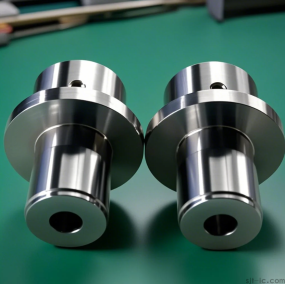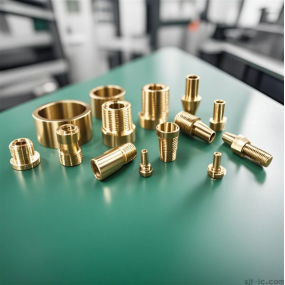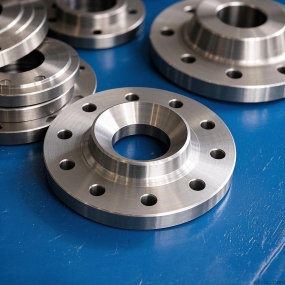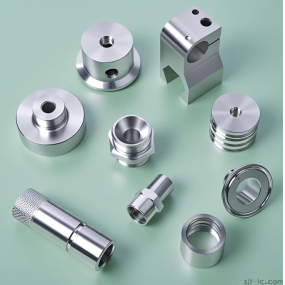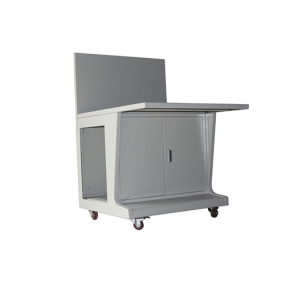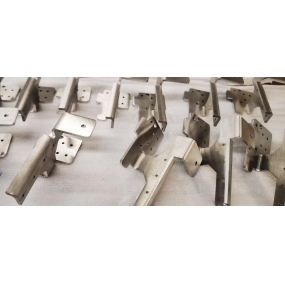Generally, after the product is processed in the stamping processing plant, the inspection specifications must be done well. This is to make the product have a reasonable and accurate judgment during the stamping production inspection process. In addition, it can also improve the quality and efficiency to satisfy customers during acceptance. So what about the shortcomings of stamped parts during inspection?
1. Scratches: Improper protection during processing or packaging and transportation results in a strip-like shallow groove on the surface of the product
2. Deformation: Product plane deformation caused by improper adjustment of processing equipment or material due to internal stress
3. Pipe: cutting or stamping results in residual uneven margins
4. Unevenness marks: abnormal bulges or depressions on the surface of Metal Stamping parts
5. Waste: metal debris that has not been properly treated after stamping or cutting, resulting in adhesion to the edge or interior of the workpiece 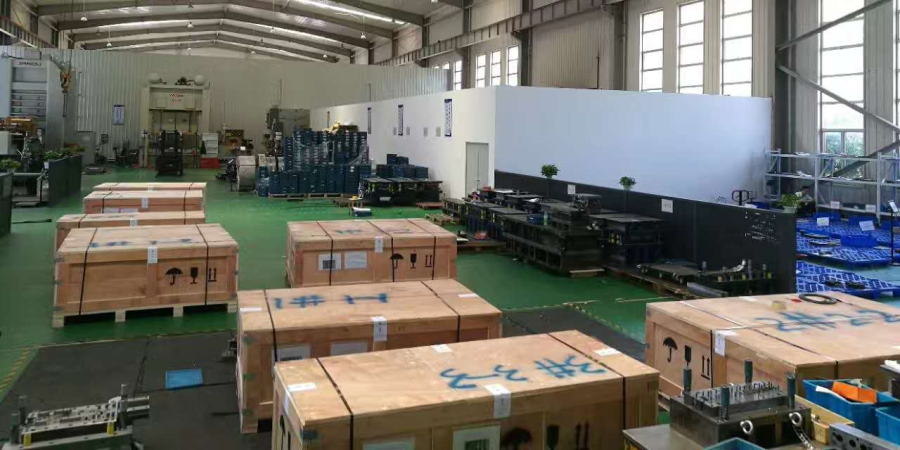
6. Uneven punching: improper positioning or equipment fixation during processing, resulting in uneven marginal cutting of the product
7. Oxidation: The raw material reacts chemically with oxygen in the air
8. Stains: formed by unknown oil stains or stains during processing
The above is where the stamping processing plant needs to pay attention. During the inspection process, the defective products must not be left in the place waiting for customer acceptance. In addition, when a large number of defective products are found, production should be stopped in time. Of course, in the production process, attention should also be paid to the causes of defective products. Strive to satisfy customers with a high pass rate. Only in this way can a win-win situation be achieved.
This article is from EMAR Mold Co., Ltd. For more EMAR related information, please click: www.sjt-ic.com,


 Spanish
Spanish Arabic
Arabic French
French Portuguese
Portuguese Belarusian
Belarusian Japanese
Japanese Russian
Russian Malay
Malay Icelandic
Icelandic Bulgarian
Bulgarian Azerbaijani
Azerbaijani Estonian
Estonian Irish
Irish Polish
Polish Persian
Persian Boolean
Boolean Danish
Danish German
German Filipino
Filipino Finnish
Finnish Korean
Korean Dutch
Dutch Galician
Galician Catalan
Catalan Czech
Czech Croatian
Croatian Latin
Latin Latvian
Latvian Romanian
Romanian Maltese
Maltese Macedonian
Macedonian Norwegian
Norwegian Swedish
Swedish Serbian
Serbian Slovak
Slovak Slovenian
Slovenian Swahili
Swahili Thai
Thai Turkish
Turkish Welsh
Welsh Urdu
Urdu Ukrainian
Ukrainian Greek
Greek Hungarian
Hungarian Italian
Italian Yiddish
Yiddish Indonesian
Indonesian Vietnamese
Vietnamese Haitian Creole
Haitian Creole Spanish Basque
Spanish Basque

